Empower students to take ownership of their learning through assessment from "summary" of Hacking Assessment by Starr Sackstein
When students are actively involved in the assessment process, they are more likely to feel a sense of ownership over their learning. This sense of ownership can lead to increased motivation and engagement, as students see the direct connection between their efforts and their outcomes. By empowering students to take on a more active role in assessment, educators can help students develop important skills such as self-regulation, reflection, and goal-setting. One way to empower students in assessment is to involve them in the creation of assessment criteria. When students have a say in how they will be assessed, they are more likely to understand the expectations and be able to self-assess their own work. This can help students take more responsibility for their learning and become more self-directed learners. Additionally, involving students in the creation of assessment criteria can help make assessment more transparent and equitable, as students have a better understanding of how their work will be evaluated. Another way to empower students in assessment is to provide them with opportunities for self-assessment and peer assessment. When students are given the chance to reflect on their own work and provide feedback to their peers, they can develop a deeper understanding of the criteria and standards being used to evaluate their work. This can help students become more metacognitive and develop a better understanding of their own strengths and areas for growth. Additionally, self-assessment and peer assessment can help students develop important communication and collaboration skills.- Educators can help students develop important skills that will serve them well in school and beyond. When students feel a sense of agency and control over their learning, they are more likely to be engaged, motivated, and successful. By involving students in the assessment process, educators can help students develop a growth mindset and a willingness to take risks and learn from their mistakes. Ultimately, by empowering students in assessment, educators can help students become lifelong learners who are able to adapt to new challenges and opportunities.
Similar Posts
English education is evolving rapidly
English education is in a state of rapid transformation, driven by a complex web of factors that are reshaping the landscape of...
Utilize practice tests to assess knowledge and readiness for exams
One effective method to gauge your understanding and preparedness for exams is to make use of practice tests. These tests can p...
Enhancing emotional intelligence
Enhancing emotional intelligence involves developing the ability to understand and manage one's own emotions, as well as the em...
A excelência é alcançada através da superação de desafios e obstáculos
To achieve excellence, one must face and conquer challenges and obstacles that come their way. These hurdles are not meant to d...

Empower students to become critical thinkers and lifelong learners through assessment
When we talk about empowering students to become critical thinkers and lifelong learners through assessment, we are essentially...

Maintain high expectations while providing support for student success
Maintaining high expectations while providing support for student success is crucial in fostering a culture of continuous growt...

